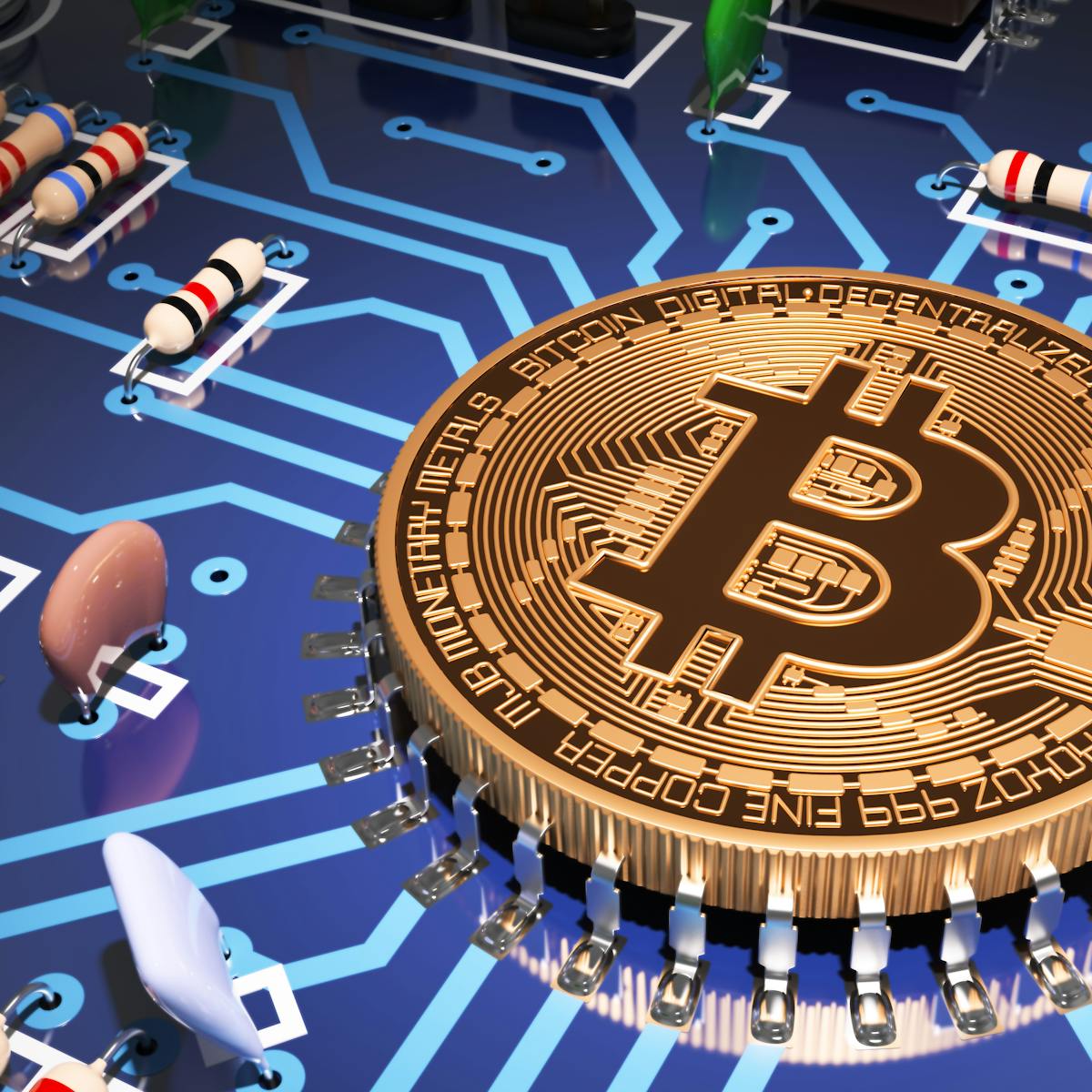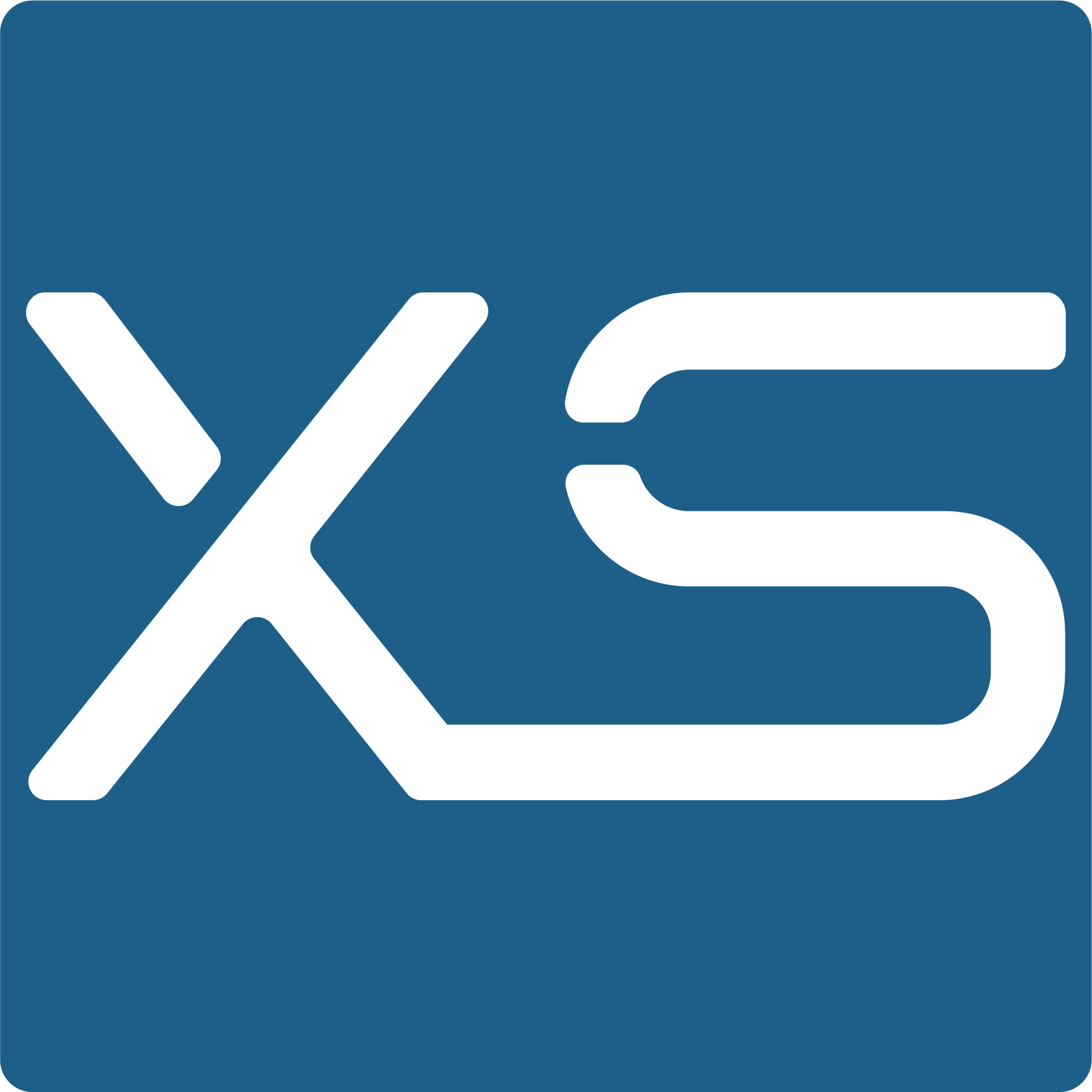Unlike a typical, centralised database, where records are processed by a single central administrator (such as a firm or government), the blockchain is completely transparent. Despite their openness, blockchains are quite safe. Because there is no single central point of attack for hackers to target, this is the case.
Blockchain is the technology that underpins Bitcoin. So, Bitcoin was the first illustration of blockchain in action, and Bitcoin would not exist without blockchain. As a result, the two names are frequently useful interchangeably.
However, this does not imply that blockchain and Bitcoin are synonymous.
Bitcoin is a decentralized digital currency, or peer-to-peer electronic payment system, that allows users to send bitcoins anonymously without the involvement of a third-party authority (like a bank or government).
However, Bitcoin is only one type of cryptocurrency; blockchain technology also powers other cryptocurrency networks. So, while Bitcoin trades digital currency using blockchain technology, blockchain is more than simply Bitcoin.

Looking at the wider applications of blockchain
Because blockchain and Bitcoin are so similar, it took a long time for people to realize that blockchain can be useful for much more than money networks. Indeed, the potential of blockchain is so immense that many people (including myself) believe it will revolutionize the way we do business, much like the internet did before it.
Here are a few instances of blockchain’s broader applicability outside of Bitcoin and other cryptocurrencies:
- Bringing smart contracts into action. We already know that blockchain is wonderful for facilitating digital transactions thanks to Bitcoin. However smart contracts may also formalize digital relationships.
A smart contract allows automated payments to be released whenever the contract terms have been met. The save time and perhaps reduce differences or resolve disputes. - Maintaining a shared, transparent record-keeping system. The perfect solution for keeping a long-term, safe, and transparent record of assets (land rights, for example) that all stakeholders can access securely is blockchain.
- Users can use blockchain to track the ownership of commodities all the way back to the source. De Beers, a diamond firm, has begun to use blockchain to track diamonds from the mine to the final client as an example. Anyone who wishes to ensure that their diamonds are conflict-free will have access to an open and comprehensive record.
- Proof of insurance is must-have. The Nationwide Insurance Company intends to employ blockchain technology to deliver proof-of-insurance data. The application would allow police officers, insurers, and customers to instantaneously verify insurance coverage, potentially speeding up the claims process.
Bitcoin vs. Blockchain
Stuart Haber and W. Scott Stornetta, two researchers who aimed to develop a system, initially proposed blockchain technology in 1991. Blockchain didn’t have its first real-world application until almost two decades later, with the debut of Bitcoin in January 2009.
A blockchain is the foundation of the Bitcoin protocol. Bitcoin’s pseudonymous developer, Satoshi Nakamoto, described it as “a new electronic cash system that is totally peer-to-peer, with no trusted third party” in a research paper introducing the digital currency.
The important thing to remember is that Bitcoin only uses blockchain to create a transparent ledger of payments; however, blockchain can theoretically record any amount of data items.
As previously said, this might take the shape of transactions, election votes, goods inventories, state identifications, home deeds, and much more.
Currently, tens of thousands of initiatives are attempting to use blockchains in a number of ways other than just recording transactions, such as as a secure voting system in democratic elections.
Because of the immutability of blockchain, fraudulent voting would become much more difficult. A voting system, for example, may be set up so that each citizen of a country receives a single coin or token.
Each candidate would then be assigned a unique wallet address. Voters would transmit their tokens or crypto to the address of the candidate they wish to vote for.
Because blockchain is transparent and traceable, it would eliminate the necessity for human vote counting as well as the capacity of bad actors to interfere with physical ballots.
Click here to read more interesting and useful articles on our blog.

